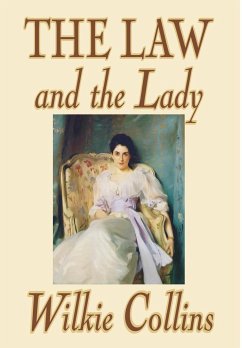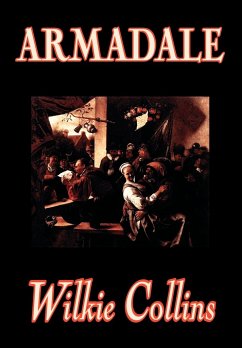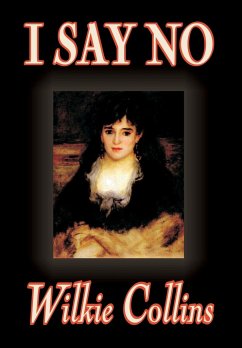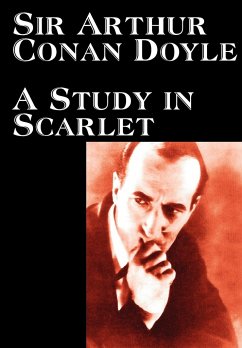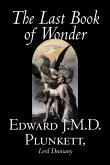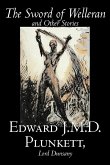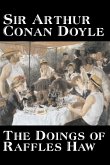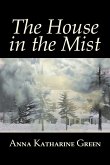Three years ago, her husband stood accused of murder -- and the verdict that came in from the jury was the Scottish Verdict, Not Proven. The jury had not evidence enough to convict him -- nor enough to comfortably exonerate him. ustace could not bear the weight of her discovery; he fled to the continent, to live in anonymity. But Valeria knew her husband, and she loved him. She knew he was innocent, too, with the sort of intuition that guides the lucky flawlessly. And she set out to prove it to the world. The Law and the Lady is as remarkable a novel today as it was when it was first published in 1875.
Hinweis: Dieser Artikel kann nur an eine deutsche Lieferadresse ausgeliefert werden.
Hinweis: Dieser Artikel kann nur an eine deutsche Lieferadresse ausgeliefert werden.

